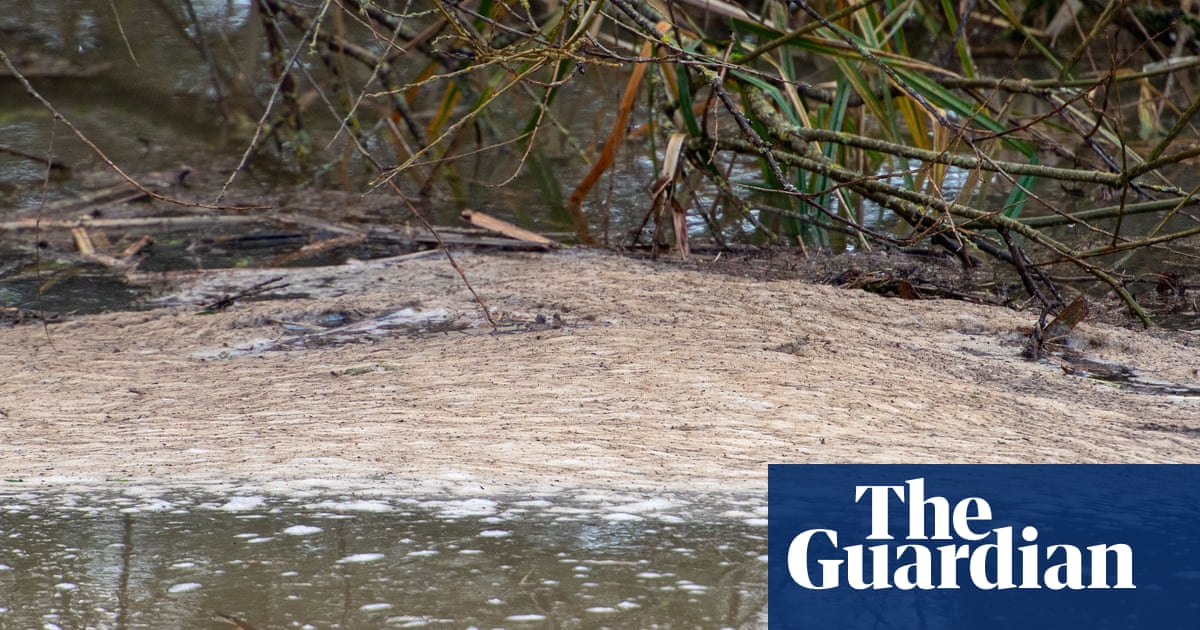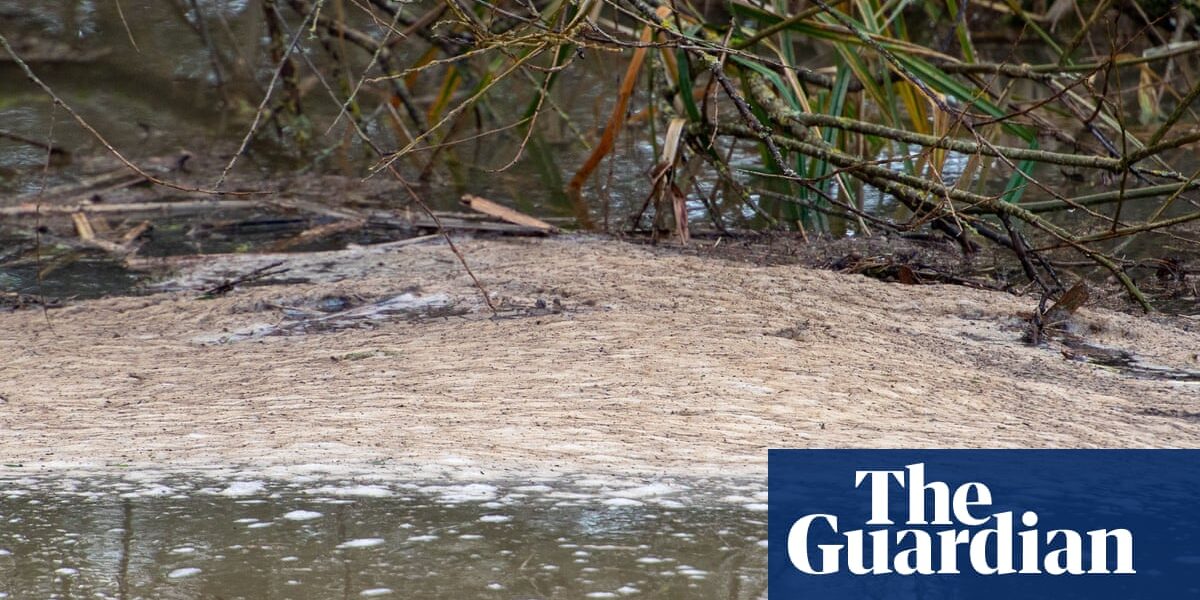A significant number of rivers in England, specifically 83%, show signs of severe contamination from sewage and farming practices.

The biggest water testing project in the UK has found that 83% of rivers in England show signs of significant pollution from sewage and agricultural waste, according to citizen scientists.
Many fishermen participated in a research project, coordinated by the Angling Trust, in response to their frustration over the presence of sewage pollution in the waters they carefully maintain for the sake of the fish.
A group of 641 fishermen belonging to 240 different fishing clubs have taken on the responsibility of regularly tracking pollution in 190 rivers spanning 60 areas. So far, they have collected over 3,800 samples, uncovering the widespread issue of pollution in England’s waterways. The main culprits for this problem are runoff from agricultural activities and sewage spills from water companies.
The fishermen discovered that 83% of the rivers being monitored did not meet the phosphate standards for a healthy ecological state in at least one test. Additionally, 44% of the average phosphate levels at the sites also failed to meet the standard for a good ecological status. These high levels of phosphates can lead to excessive algae growth, reducing the dissolved oxygen in the river water and making it difficult for aquatic life to survive.
The Medway, Swale, Ure, Nidd, Upper Ouse, Severn Middle Worcestershire, Loddon and its tributaries, Wey and its tributaries, Warwickshire Avon, Ribble, Hampshire Avon, and Upper and Bedford Ouse have the highest phosphate site averages in their mapped catchments.
Jamie Cook, the head of the Angling Trust, stated that the initial yearly report shows that rivers throughout the nation are facing excessive levels of phosphate, which is highly detrimental to freshwater environments. He emphasized the need for stricter enforcement and revisions to current laws in order to address the issue of river pollution and hold those responsible accountable.
The Angling Trust will now publish the yearly findings of their monitoring, but anglers believe it should not be the responsibility of volunteers to keep track of the condition of rivers in England. Due to budget cuts to the Environment Agency, they claim that monitoring has decreased. They have also expressed frustration over the lack of information provided by the water industry and agricultural sector regarding pollution.
The leaders in England are considering deviating from the EU’s water framework directive, which establishes pollution regulations for water bodies in Europe. According to the proposals, the WFD will no longer be factored into England’s legally binding environmental goals, potentially reducing the strength of regulations for water purity.
The targets to reduce phosphate pollution in England are already weak. Under current plans water companies could meet environmental goals by simply stripping phosphate only on their largest sewage works serving large populations and at the bottom end of rivers. This would mean that targets could be achieved with the lowest level of investment. Anglers argue that their new data shows that phosphates will still be present in the majority of rivers upstream and those with smaller wastewater works.
Stuart Singleton-White, head of campaigns at the charity, said: “Current environment laws to tackle river pollution are blunt tools that come with no guidance as to where phosphate reductions should be made to see the biggest improvements. Much stronger regulations are essential to ensure money is invested where it will make the most positive difference. Otherwise, polluters will play accountancy versus ecology to meet environmental targets, boasting about the level of investment but not delivering the environmental improvements needed.
“The Office of Environmental Protection’s latest report reveals that the government’s promise to prevent sewage pollution is not being implemented according to plan. Our report confirms this issue, and if the next elected government fails to address it, it will be a disappointment to anglers nationwide.”
A representative from the Department for Environment, Food and Rural Affairs stated that they are implementing thorough measures to address water pollution in rivers and seas. This includes increased funding, stricter regulations, and more rigorous enforcement. They have also established ambitious goals that are legally binding to reduce pollution from agriculture and treated wastewater.
We are actively addressing any rule violations by increasing funding for [industry regulator] Ofwat, granting them additional authority, and amending legislation to ensure that polluters are subject to unlimited penalties and held accountable for their actions.
Source: theguardian.com


